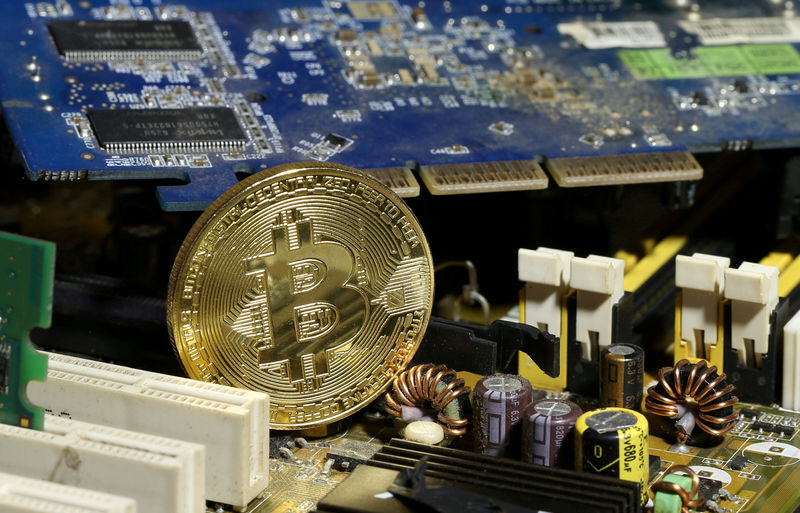Negative Evaluation of Bitcoin (BTC) in El Salvador One Year Later
2022.09.02 11:30

Negative Evaluation of Bitcoin (BTC) in El Salvador One Year Later
- The former president of the Central Bank, Carlos Acevedo, affirms that the costs of adopting cryptocurrency have been greater than the benefits.
- He considers that the purchase of Bitcoin by the government is in legal limbo due to the lack of transparency in the processes.
- Although he acknowledges that Bukele’s commitment to digital assets “is fine,” he affirms that the mistake was choosing BTC as a tool.
For the former president of the Central Bank of El Salvador, Carlos Acevedo, the implementation of Bitcoin (BTC) as legal currency has been negative. A year after the Bitcoin Law came into force, the economist affirms that the opposite has happened compared to the country’s dollarization process 21 years ago.
Speaking to the local newspaper La Prensa Gráfica, Acevedo pointed out that the cryptocurrency has not fulfilled the main objectives promised by the government. President Nayib Bukele assured that the adoption of Bitcoin would increase financial inclusion and reduce the cost of sending remittances to El Salvador.
The former official says he is not clear about the real benefits for the country after the legalization of Bitcoin trading and mining. He argues that remittances sent by Salvadorans living abroad represent a little less than 2% of the total.
“Probably because the Salvadorans tried to use it at the beginning and (…) they realized that it is not cheaper to send the dollars through Bitcoin. Therefore, those $400 or $500 million that the president said were going to be saved in commission payments have not been saved,” he said.
Regarding financial inclusion, he maintains that it has not been achieved either. This is a situation that affects the poorest population in El Salvador (26.4% in 2021 and could increase to 27.4% due to inflation, according to ECLAC). The government adviser for Bitcoin bonds, Samson Mow, “has said that Bitcoin is not for the poor,” recalls Acevedo.
A Cocktail of Madness Around Bitcoin
Nor does he believe that the much publicized and postponed issuance of Bitcoin bonds will have positive results, “nor do I think it will work,” says the former official of the issuing body. “The Bitcoin city thing is crazy; but in addition, the mode of financing is also crazy, that is, it is a cocktail of crazy things,” he adds.
Acevedo believes that for now the issuance of the so-called Volcano Bonds will not be possible. He says that the price is the primary factor, but does not rule out that in the future, if the price of the cryptocurrency recovers, the bet may be successful so far.
He argues that Salvadorans are not using BTC as legal tender for their daily transactions. Instead, when the dollar was implemented in January 2021, it was the opposite, he notes. In addition, he mentions the fact that the purchase of bitcoins has had little legal transparency.
He also believes that due to the crypto winter, the country has suffered a capital loss, because the government has not been able to sell the Bitcoins it bought at prices well above the current rate, except for the last purchase made. For Acevedo, this represents “an unrealized loss” and an opportunity cost because the resources invested are not yielding the expected results.
On the Flipside
- According to the former president of the Central Reserve Bank, for now, the only thing that El Salvador has with BTC is fiscal spending, due to the use of resources from a CABEI loan to finance the Chivo ecosystem.
- That money has to be paid, “so, until now, I think the costs for the country have been greater than the benefits without a doubt,” says Acevedo.
- According to Acevedo, another cost associated with the adoption of Bitcon in El Salvador was the obstruction of negotiations with the International Monetary Fund.
The government of President Nayib Bukele remains firm in its controversial decision made a year ago to legalize the use of BTC. However, despite having an absolute majority in Congress to pass a law to regulate digital assets, it has not done so.
Despite Acevedo’s questioning of the government’s monetary policy, he believes that Bukele’s commitment to digital money is fine, as is the bankarization of sectors excluded from the financial system. But, he believes that the mistake was choosing Bitcoin as a tool.
The cryptocurrency has lost around 56% of its value this year. At the time of writing, BTC was trading in the market at $19,885.59, with a loss of 2.02% during the day, according to data from CoinMarketCap.
Why You Should Care
- El Salvador was the first country to adopt Bitcoin as legal tender. What happens in that Central American country with the cryptocurrency will have global repercussions.
You can find more information about the result of the adoption of BTC in the following article:
El Salvador’s Volcano Bonds Postponed Once Again Due To Bitcoin (BTC) Dip
Continue reading on DailyCoin








